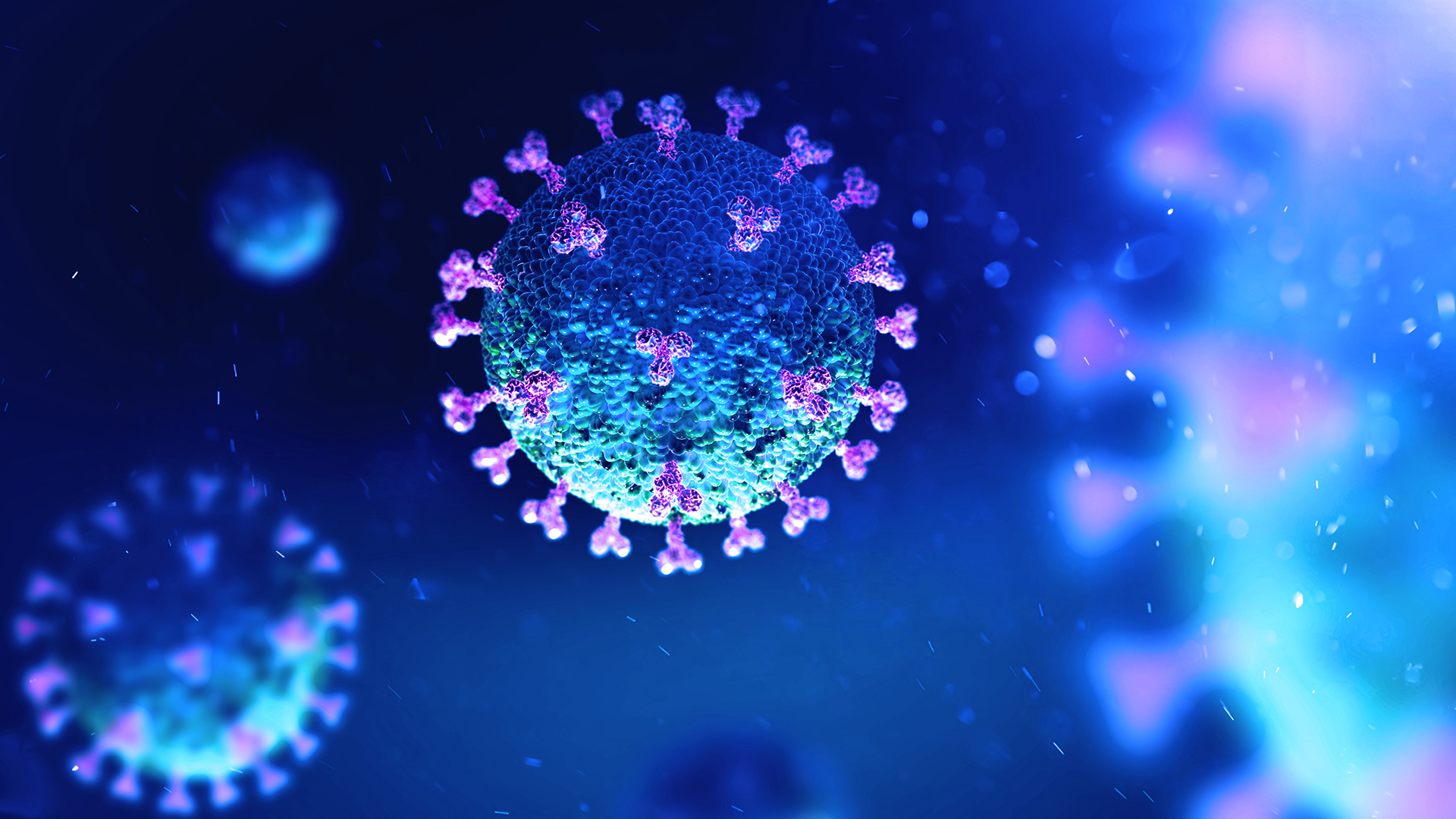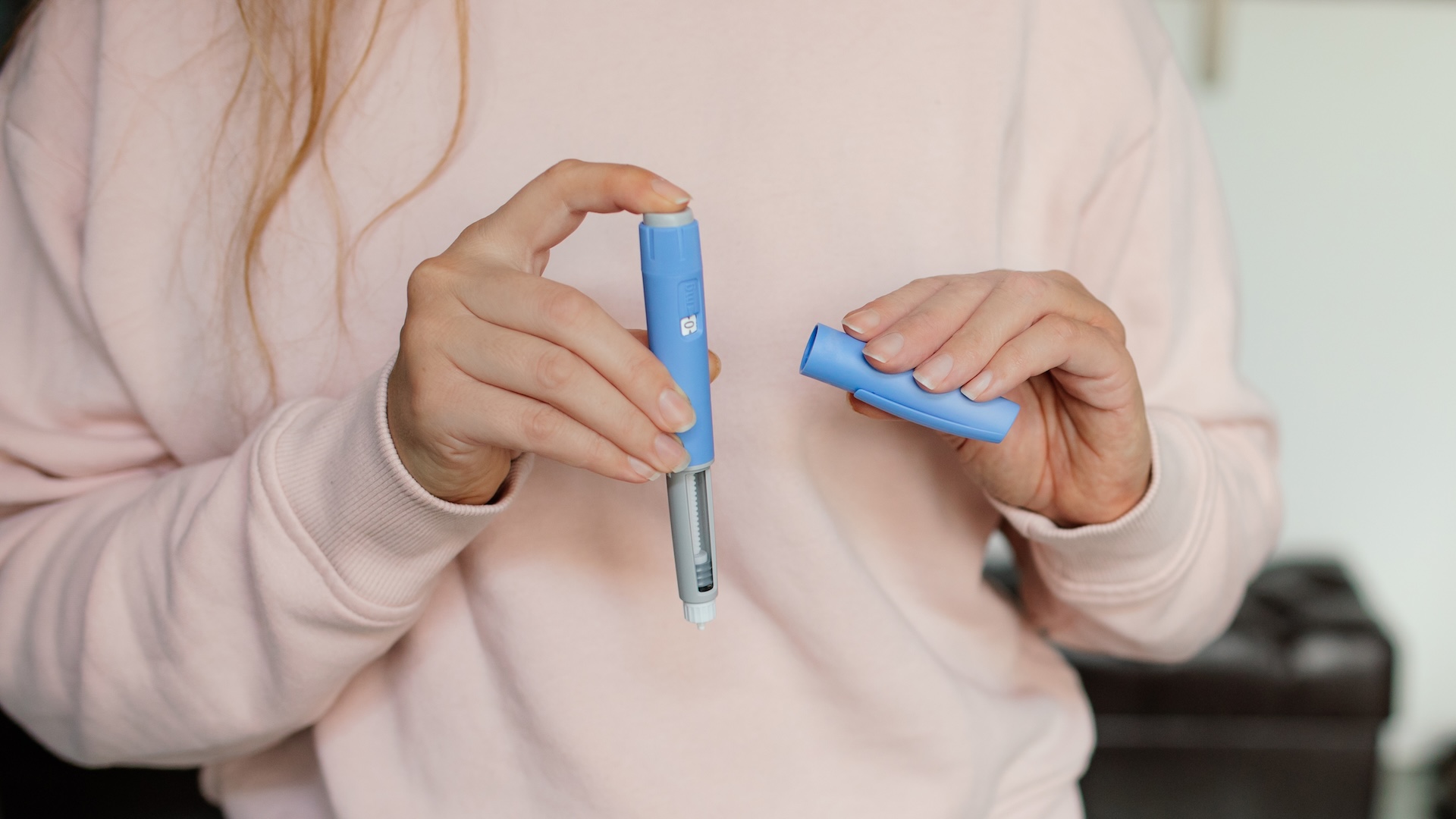Loss of smell could be a symptom of COVID-19
A sudden loss of smell is associated with some viral infections.

Sudden loss of a sense of smell could be a sign of a COVID-19 infection, doctors recently reported.
The complete loss of smell, or anosmia, is already associated with viruses; about 40% of anosmia cases occur after a viral infection, according to a statement published online on March 21 by ENT UK at The Royal College of Surgeons of England, an association of ear, nose and throat physicians in the United Kingdom.
However, a growing body of data from COVID-19 patients in several countries strongly suggests that "significant numbers" of those patients experienced anosmia as one of the disease's symptoms, according to the ENT UK statement.
Anecdotal evidence further describes the loss of smell and the loss of taste — known as dysgeusia — in people who had no other symptoms but who tested positive for COVID-19, representatives of the American Academy of Otolaryngology–Head and Neck Surgery (AAO–HNS) in Alexandria, Virginia, said in a March 22 statement.
Related: Coronavirus outbreak: Live updates
Doctors with AAO–HNS recommended in the statement that loss of taste and smell be added to the list of symptoms when screening for signs of COVID-19, particularly when these sensory losses are isolated — that is, not accompanied by any signs of respiratory illness.
Such cases of isolated anosmia have been reported in Iran, the U.S., France and northern Italy, according to the ENT UK statement. Dr. Claire Hopkins, president of the British Rhinological Society, said in the statement that she had personally examined four patients during the past week, all under the age of 40, who exhibited no symptoms other than the sudden loss of smell.
Get the world’s most fascinating discoveries delivered straight to your inbox.
"I think these patients may be some of the hitherto hidden carriers that have facilitated the rapid spread of COVID-19," Hopkins said.
When doctors at the University Hospital Bonn in Germany recently interviewed more than 100 patients infected with COVID-19, they discovered that nearly 70% "described a loss of smell and taste lasting several days," said Dr. Hendrik Streeck, head of the hospital's Institute of Virology.
"It goes so far that a mother could not smell the full diaper of her child. Others could no longer smell their shampoo, and food began to taste bland," Streeck told the German news site Frankfurter Allgemeine.
Though the doctors could not say for sure when the loss of smell and taste first appeared in these patients, they suspect that the symptoms manifested as a later stage of the infection, Streeck added.
If people who have anosmia but no other symptoms were to self-isolate for seven days, "we might be able to reduce the number of otherwise asymptomatic individuals who continue to act as vectors," according to the ENT UK statement.
- Coronavirus in the US: Map, case counts and news
- Coronavirus resources: US state and local health departments
- The 12 deadliest viruses on Earth
Originally published on Live Science.
OFFER: Save at least 53% with our latest magazine deal!
With impressive cutaway illustrations that show how things function, and mindblowing photography of the world’s most inspiring spectacles, How It Works represents the pinnacle of engaging, factual fun for a mainstream audience keen to keep up with the latest tech and the most impressive phenomena on the planet and beyond. Written and presented in a style that makes even the most complex subjects interesting and easy to understand, How It Works is enjoyed by readers of all ages.

Mindy Weisberger is an editor at Scholastic and a former Live Science channel editor and senior writer. She has reported on general science, covering climate change, paleontology, biology and space. Mindy studied film at Columbia University; prior to Live Science she produced, wrote and directed media for the American Museum of Natural History in New York City. Her videos about dinosaurs, astrophysics, biodiversity and evolution appear in museums and science centers worldwide, earning awards such as the CINE Golden Eagle and the Communicator Award of Excellence. Her writing has also appeared in Scientific American, The Washington Post and How It Works. She is the author of the book "Rise of the Zombie Bugs: The Surprising Science of Parasitic Mind Control," published by Hopkins Press.

